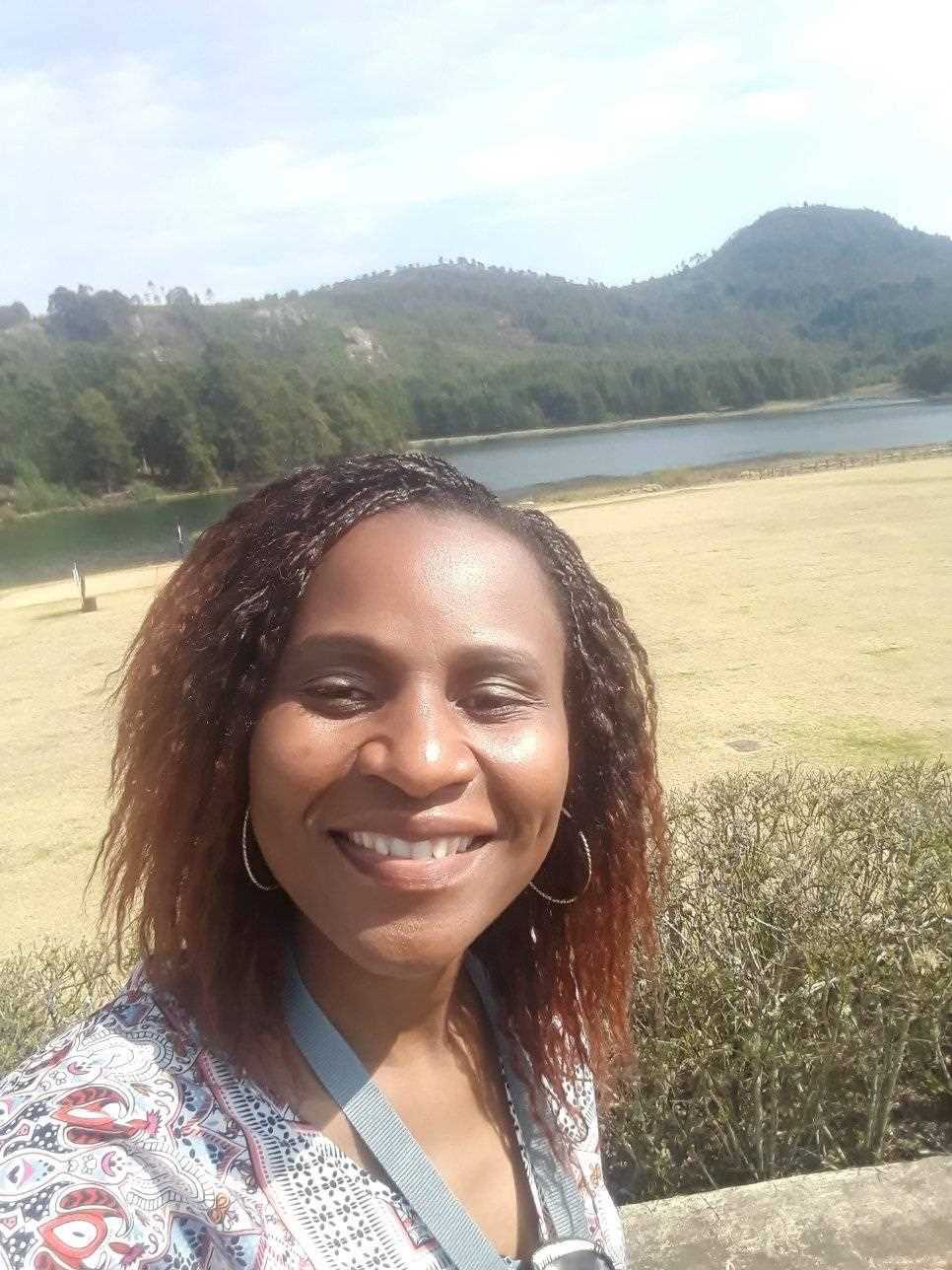
Philemon Jambaya
Zim Now Editor
In Zimbabwe, education is highly valued, and entrepreneurs have capitalized on this demand by opening private colleges. However, a disturbing trend has emerged, where some of these institutions prioritize profits over providing quality education. A recent survey in Chitungwiza revealed that many private colleges fail to meet the Ministry of Education's basic requirements, putting students' futures at risk.
Some private colleges employ unqualified teachers or undergraduate students on vacation, who lack experience and training. This not only compromises the quality of education but also puts undue pressure on these inexperienced teachers. "The pressure is just too much for a person like me," confessed a teacher at one of the Colleges"I finished my 'A' level studies in 2022, but last year I was given six classes to teach accounts from form one to six. We're paid peanuts while our bosses drive posh cars."
Related Stories
Class sizes exceed the recommended 25-35 students, with some teachers handling 65 students in a single class. Despite exorbitant fees – at least $200 per term, compared to less than $100 at government and council-owned schools – some private colleges lack essential textbooks and learning materials.
Students are lured to these colleges with promises of better services and higher pass rates. However, reality often falls short. "I enrolled here after failing to secure a place at Zengeza 1 high school," said a student at one of the Colleges in St Marys . "But we were never given computer lessons as promised. It's disappointing."
A source from the Ministry of Education, speaking anonymously, revealed that many private colleges don't meet minimum requirements and can be shut down at any time. "These colleges are killing education," they emphasized.
It's time for the government and education authorities to take action against substandard private colleges. Parents and guardians must also be vigilant, prioritizing their children's education over false promises of success. Only then can Zimbabwe truly value education as the most valuable investment in its children's future.



















Leave Comments